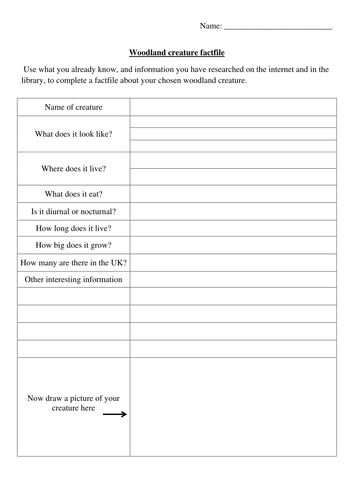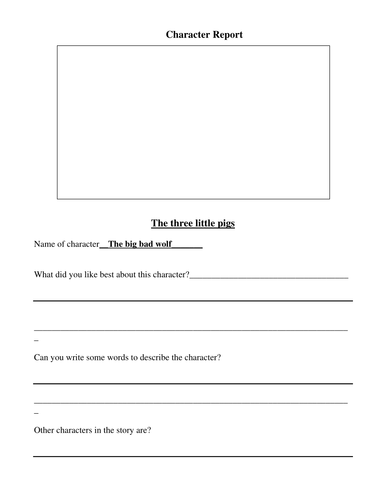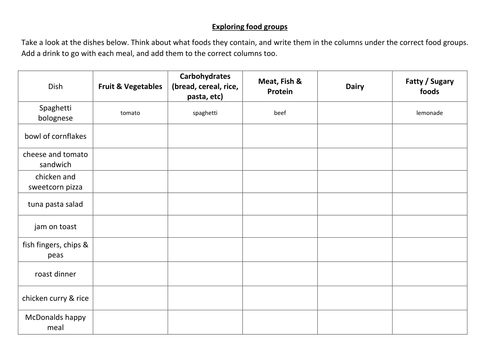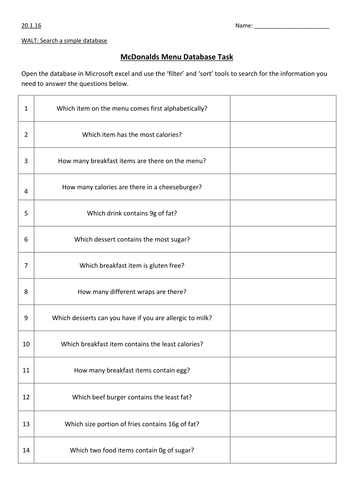Mr B's Resource Store
I have been teaching across the foundation phase and Key Stage 2 since 2004, and I have created a wide range of effective resources for all sorts of topics and subjects, all of which have been tried and tested with my own pupils. Most of my resources are already differentiated, as I know how much time this saves. I hope other teachers find these resources useful and that other pupils enjoy and benefit from them as much as my classes have. All reviews/ratings gratefully received!










